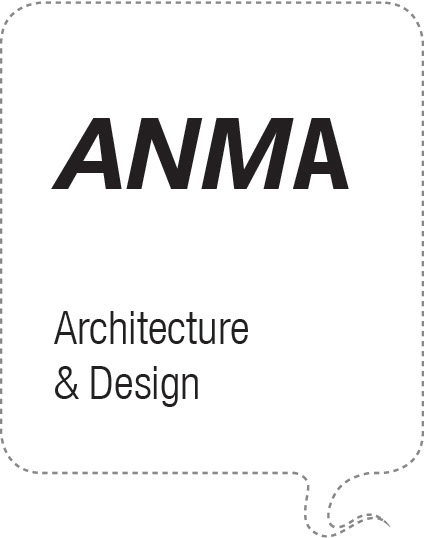Whereas once the body belonged to a lord and the soul belonged to a church, today the body and the soul belong to the nation state. The strength today of the nation state’s ideological hold on our belief systems and the claim of its armies, navies and planes on nearly every mile of the physical world is without precedent in human history. Of course the system's advantages - the rule of law and relative peace – are many. But the involuntary Faustian bargain it imposes upon its participants – its demand that every being accept from birth a constructed identity that will govern their life, temper their opportunities, and sometimes compel their death, leaves increasing masses of people stuck. Denied opportunities and bonded by birth to broken or dysfunctional nations, souls and bodies are in ever increasing numbers giving up their nation, a decision that the system by its nature can only greet with walls and passport checks.
But no such monopoly can long endure without alternative. And, as is the nature of most hegemonies, we should find alternatives at the very crux of the system. Of course, there are still holdouts where the sway of the nation state is weak - stretches of Congolese and Colombian jungles, valleys in the Hindu Kush and Sarawat Mountains, certain ranches in the American southwest. These groups, whether by violence or reticence, stand outside of the mechanisms that govern humanity by simply staying very far away. Sometimes noble, but more often tainted by the most base motivations, indeed plagued by those ails for which the nation state arose to remedy, they do not interest us. These groups are a relic of what has been, rather than a premonition of what may yet come.
The issue, after all, is mobility. The alternative, then, will occur not where people are least mobile, but rather where they are most.
Such has always been the case. In the Middle Ages, settlements at points of transit - wrapping harbors, perched on rivers, straddling major roads - were often where the demands of feudalism and the church were least extant. Cities such as Amsterdam welcomed intellectuals, heretics, wanderers, and the persecuted - refugees of the churches and the lords. Secure in their walls but still fastened to the world by roads and rivers, these groups, this human refuse, forged a new society, and built systems that would eventually eclipse those from which they had fled.
Therefore to find what comes after nationalism we need to look at our contemporary points of transit: the international airport. And looking there, we find indeed this space beyond the security check, this contemporary walled compound, where for the price of a ticket there exists a growing if transient society where every passport can mix and move, a society of travelers already accompanied by burgeoning markets and housed in ever more magnificent halls.
And therefore it was not entirely without precedent when Wayne County of Detroit decided to expand its airport, one of the most trafficked in the world, in order to accommodate 30,000 residents. Beset by the tension between a recovering Detroit's desire for new immigrants and the increasing difficulty of obtaining visas, a proposal arose: what if it was possible to live and be part of Detroit, while never crossing customs?
Thus they established the first BRÜCKENSTADT, or Bridge City. Originally the project name from the German engineers, the moniker referred to the bridges - fit smoothly onto the linear halls of airports - that would be iconic to these settlements. In them industry developed, on them residents could enjoy public space and services, and on legal grounds, the innovation gave residents living space while never stepping foot on national ground.
In BRÜCKENSTADT DTW and its peer settlements, this transnational world, the class of the hyper-mobile and hyper-connected expanded to include not just those at the pinnacle of the nation state, but those rejected by nations altogether. Together, they began to forge something entirely new.
Societal Organization
In legal terms, Detroit chartered BRÜCKENSTADT to operate as an airline, with the ability to issue tickets and check bags, sometimes even fly flights. Becoming a resident is to simply book a trip with a very long layover.
The basic act of entrance is the ID check. With a ticket and a national ID, anyone, anywhere, can enter the city. As any ID will do, which no longer matters. The participants are unstuck, subject to a new system, yes, but one that stands entirely outside that of nations.
The basic act of law is the security check. Rigorously required to give up all that the TSA has found capable of hijacking an airplane, members of the BRÜCKENSTADT enjoy a remarkable lack of deadly violence.
The basic act of economics is the checked bag. The inability to bring more than 3840 cubic inches of property into the city, all of which has to be on you at any time, renders personal property superfluous. For those who plan to stay, property is checked into the city, and all resources are held communally.
New members often prefer to forgo even those 3840 cubic inches of property, stripping at the bag check, preferring - as a measure of symbolic import as well as convenience - instead to wear robes.
Airport context diagram
